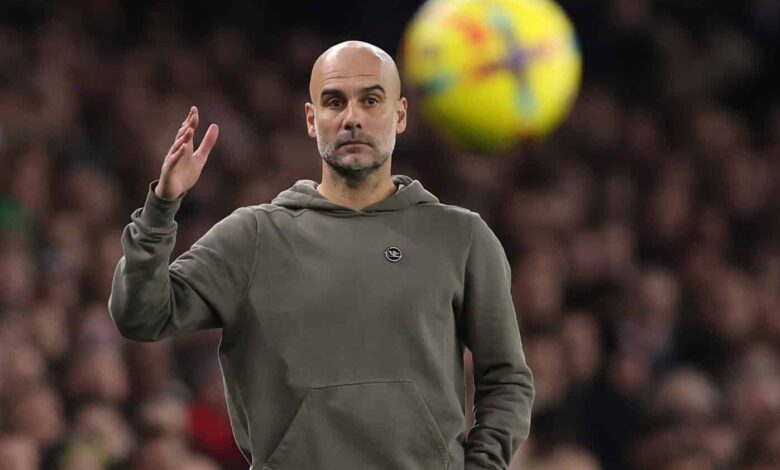
Something that separates football from most other popular sports, such as basketball and American football, is that the rules of the game have remained similar since its foundation. Basketball and American football rejig things often, they modernise. Football has remained in its recognisable form since the late 1800s.
However, it seems that in the 2020s, things are starting to change and football will start to be modernised. Prominent football figures, most notably Fiorentino Perez, the innovative and longstanding Real Madrid chairman, have boldly claimed that the youth are losing interest in football as it is ‘boring’.

One solution which has been touted to improve the excitement of the game is the introduction of a more objective form of timekeeping, such as the 60-minute match.
Whilst this seems like a drastic change as football matches are famously 90 minutes long, it must be stated that 90 minutes of football aren’t ever played.
In the Premier League, the ball is in play for an average of only 55 minutes per game. This falls by a few minutes in each English professional division and in League 2, the ball is actually in play for just 48 minutes per game, just over half the allocated time.
This is due to the time-wasting, stoppages, and injuries that gobble up a large chunk of the 90 minutes.
What has been proposed to overcome this is a 60-minute match with a basketball-style clock. When the ball is in play on the pitch, the clock will be running down. Yet, when the ball is out of play, the clock remains stagnant. A goal has been scored? The clock stops.
A player is injured? The clock stops. Three substitutions are being made? You get it, the clock stops.

It’s an interesting idea that has been floated around by several football executives. Here are the pros and cons.
Pros:
- More Exciting: A shorter match duration could lead to higher intensity and more action-packed gameplay, as teams may adopt more attacking strategies to make the most of the reduced time.
- Less Responsibility for the Referee: With an objective timekeeping system, referees would no longer be burdened with the subjective task of managing injury time. This could help reduce criticism and controversies surrounding injury-time decisions.
- Improved Game Quality: With less time-wasting and more time for actual gameplay, matches may become more fluid, engaging, and appealing to viewers.
Cons:
- Benefits Top Teams Over Smaller Ones: Shortening the match duration might favour teams with superior talent and resources, as they may be better equipped to maintain a high-intensity game for 60 minutes. Also, worse teams use time-wasting as a method to obtain results. This new format would massively benefit possession-based teams like Manchester City, only further bridging the inequality divide between a league’s best and worst teams. Smaller teams might feel disadvantaged.
- Ruins Tradition: Football has a deep-rooted tradition with 90-minute matches, and changing it could be met with resistance from purists who cherish the sport’s historical continuity.
- The Dark Arts: Some argue that certain aspects of the game, like time-wasting and tactical fouls, are part of football’s strategic elements and traditions. Eliminating these could negatively alter the dynamics and tactics of the game.
It’s essential to consider the potential consequences of such a significant change thoroughly. Implementing a 60-minute match would indeed shake up football’s dynamics and may appeal to a broader audience seeking faster-paced sports entertainment. However, it could also lead to unforeseen consequences and challenges for players, teams, and fans alike.
If football authorities decide to explore this concept further, they should engage in extensive research, discussions, and trials to gauge its actual impact on the game before making any drastic alterations. Additionally, consulting with players, coaches, and fans would be vital to understanding their perspectives and ensuring any changes align with the sport’s essence.
By Nicky Helfgott / @NickyH3lfgott on Twitter




In am in favour of modernizing football to a 60 minute match
I am all for reducing the wear and tear on players’ bodies. This can extend the playing time of players by a couple years